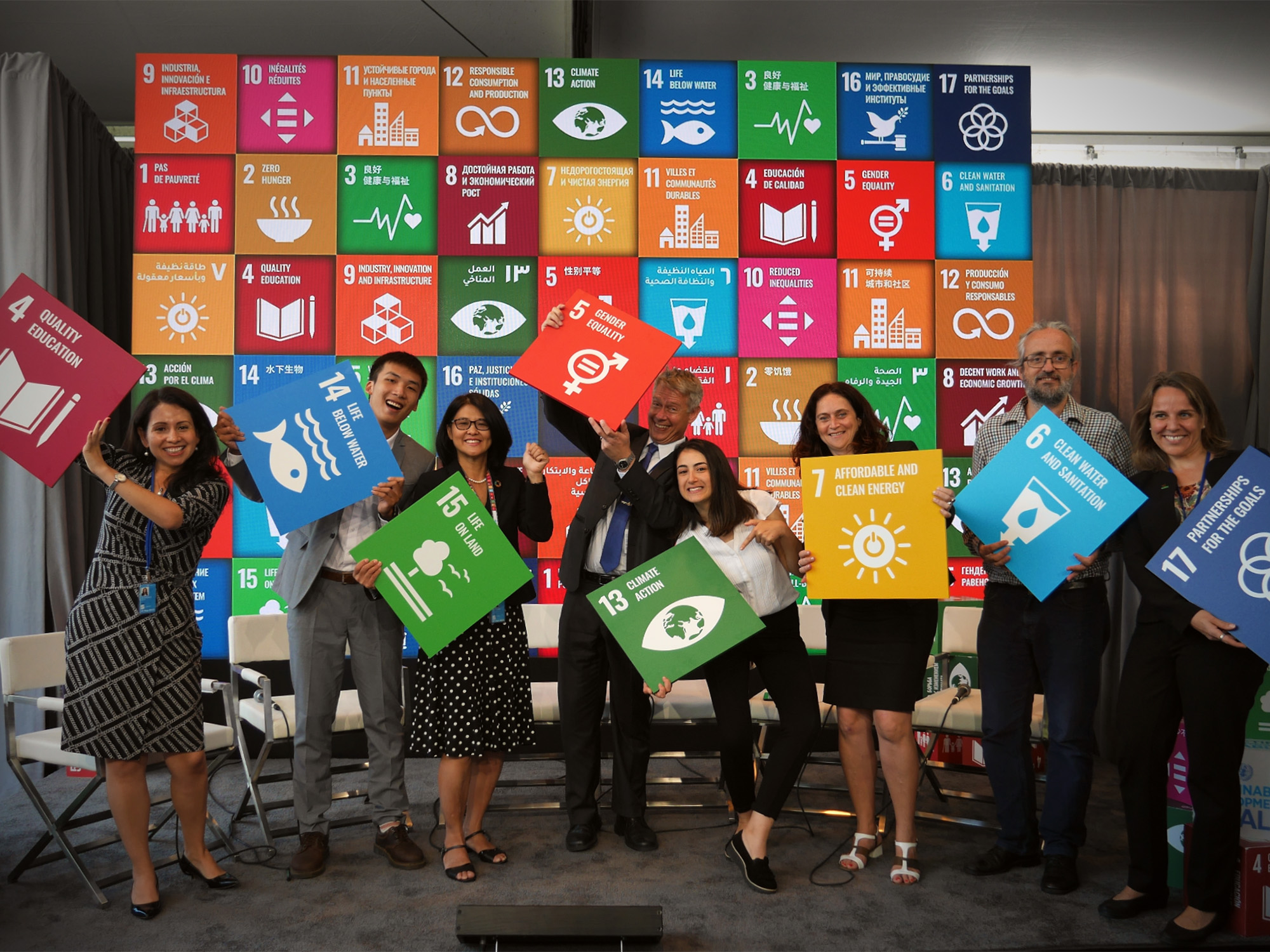Welcome!
The main objective of the international climate change regime established under the United Nations Framework Convention on Climate Change (UNFCCC) is to limit dangerous anthropogenic interference with the climate system. Domestic legislation is the key to regulate, structure, and implement climate change actions to meet this objective.
This course provides guidance on the overarching climate change laws that governments can implement to establish bodies and frameworks for addressing climate change. It also provides examples of mitigation and adaptation legislation across a range of sectors.
Support climate change literacy
We want to continue our crucial journey to equip people with the skills and knowledge needed to make informed decisions, to act and to fight climate crisis.
DonateWhat will you learn?
After completing this course, you will be able to:
- Analyse the rationale for parties to the UNFCCC and Paris Agreement to incorporate climate considerations within legally binding national instruments.
- Identify and describe the specific actions that parties to the Paris Agreement should undertake regarding climate change adaptation and mitigation.
- Evaluate various types of legal instruments appropriate across a range of sectors and governmental structures and key features and examples of many of these.
- Outline and comprehend the reporting requirements of the Paris Agreement.
- Describe examples of the societal, financial, technical, and international challenges in establishing and implementing legally binding instruments, and solutions to those.
Course at a glance
This e-learning course consists of one online lesson with five learning modules followed by a final quiz. It will take 1-3 hours to complete the course depending on how deeply you explore modules two to four.
Module 1: The Implementation Regime, explains the goals of the Paris Agreement, the increasing levels of action needed to address climate change, and why overarching climate change framework laws are necessary.
Module 2: Implementing in the Energy Sector, presents legal instruments for the energy sector.
Module 3: Addressing Climate Change in the Natural Resources Sectors, presents legal instruments to address climate change in the natural resources sector.
Module 4: Addressing Climate Change in Cities, presents legal instruments to address climate change in Urban Systems.
Module 5: Implementing the Supporting Legal Infrastructure, addresses challenges to implementing the obligations of the Paris Agreement.
Who is this course for?
This course caters to both Party and non-Party stakeholders, including members of civil society, policymakers, advisors, government officials and parliamentarians.
Certification
Participants who successfully pass the quiz with a minimum grade of 70% within three attempts will get an official UN Climate Change certificate.
This course was developed by the UN Climate Change Secretariat.

UN CC:Learn Affiliation Programme
The course is made available on UN CC:e-Learn through the new UN CC:Learn affiliation programme, which highlights high-quality e-learning products on climate change developed by recognised institutions outside the framework of the UN CC:Learn programme / without support from the UN CC:Learn Secretariat, in accordance with specific affiliation criteria. The objective of the UN CC:Learn affiliation programme is to enhance global climate literacy through dissemination of high-level learning products that complement UN CC:Learn resources.
Photo Credit: UN Climate Change

